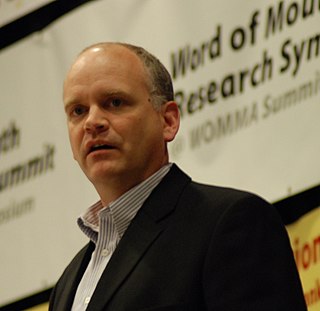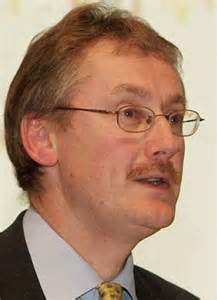A Quote by Alok Sharma
Diseases are a threat to us all. And so is climate change.
Related Quotes
One surprise is how deeply the food system is implicated in climate change. I don't think that has really been on people's radar until very recently. 25 to 33 percent of climate change gases can be traced to the food system. I was also surprised that those diseases that we take for granted as what will kill us - heart disease, cancer, diabetes - were virtually unknown 150 years ago, before we began eating this way.
Despite the international scientific community's consensus on climate change, a small number of critics continue to deny that climate change exists or that humans are causing it. Widely known as climate change "skeptics" or "deniers," these individuals are generally not climate scientists and do not debate the science with the climate scientists.
Many diseases including malaria, dengue, meningitis - just a few examples - these are what we call climate-sensitive diseases, because such climate dimensions for rainfall, humidity and temperature would influence the epidemics, the outbreaks, either directly influencing the parasites or the mosquitoes that carry them.
With climate change and health crises rightfully receiving international attention, the time has come to focus on hunger as a top priority. WHO regards hunger and malnutrition as the gravest threat to public health, and climate change threatens to further destabilise already fragile food-production systems.
The military profession, especially in the long-established great powers, is deeply pessimistic about the likelihood that people and countries will behave well under stress. Professional officers are trained to think in terms of emergent threats, and this [climate change] is as big a threat as you are going to find. Never mind what the pundits are telling the public about the perils of climate change; what are the military strategists telling their governments? That will tell us a great deal about the probable shape of the future, although it may not tell us anything that we want to hear.


































